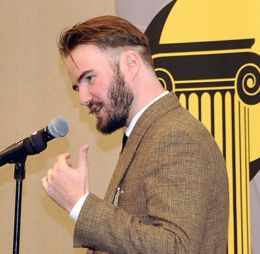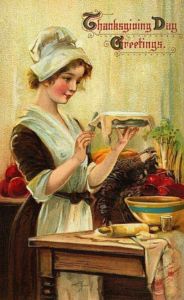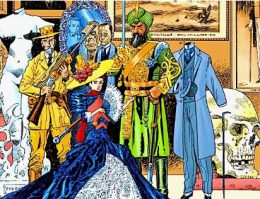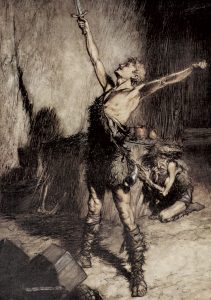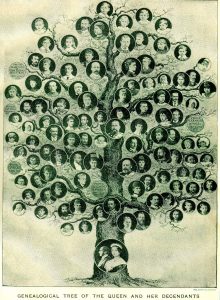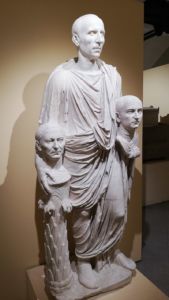
The Togatus Barberini in the Capitoline Museums is believed by some scholars to represent a Roman Senator holding two ancestral funerary portraits.
2,865 words
For early man there could not have been a difference between “living” and “dead” things, or even “imaginary” and “real,” instead for him there was only a hierarchy of forms, an order of images and signs in accordance with their force. — Dr. Ernest Schertel, Magic: History, Theory, Practice
If you can no longer stand the world you’re living in, it’s time to imagine a new one. We have now surpassed the time where changes to civilization can be made through rational argumentation and the presentation of pure facts, if such a time ever existed. No material advance in science or technology will lift us out of our current morass. (more…)

